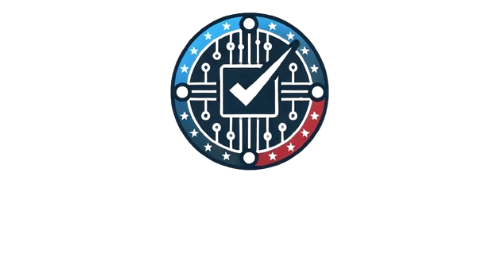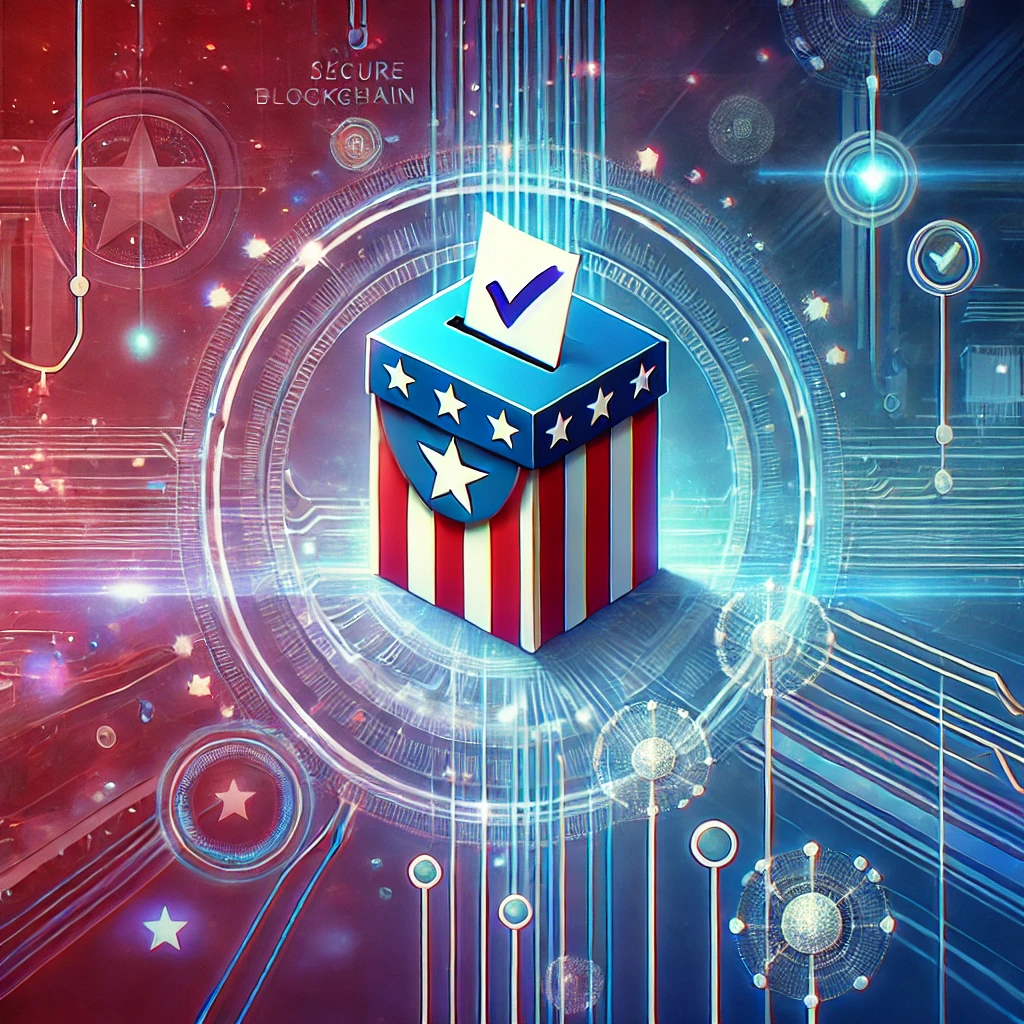In recent years, the integrity of our voting systems has come under intense scrutiny. From concerns about election tampering to doubts about the transparency of vote counting, it’s clear that traditional voting systems face significant challenges. As the world becomes increasingly digital, the need for a secure, transparent, and trustworthy voting process has never been more urgent. Enter blockchain technology—a revolutionary solution that promises to transform the way we vote.
What is Blockchain Technology?
Blockchain is a decentralized digital ledger that records transactions across multiple computers in a way that ensures the data cannot be altered retroactively. Each transaction, or “block,” is linked to the previous one, creating a chain of secure data—hence the name “blockchain.” Originally developed as the backbone for cryptocurrencies like Bitcoin, blockchain technology has since found applications in various industries, including finance, supply chain management, and, crucially, voting.
Why Voting Needs Blockchain
1. Enhanced Security
Traditional voting systems are vulnerable to hacking, tampering, and fraud. Whether it’s electronic voting machines being compromised or mail-in ballots being mishandled, the risks are real and present. Blockchain technology addresses these vulnerabilities by creating a secure, decentralized network where no single entity has control over the entire process. Each vote cast is encrypted and recorded on the blockchain, making it virtually impossible to alter or delete.
2. Complete Transparency
Transparency is a cornerstone of any democratic election. However, with traditional voting systems, the process of counting and verifying votes often lacks transparency, leading to doubts and mistrust. Blockchain technology offers a solution by allowing every vote to be publicly verifiable without compromising voter anonymity. Once a vote is cast, it is added to the blockchain and can be tracked to ensure it was counted accurately. This level of transparency helps to restore trust in the electoral process.
3. Building Trust in Elections
Trust in the electoral process is essential for a functioning democracy. When people believe their votes aren’t counted accurately or that elections are rigged, it undermines the very foundation of democracy. Blockchain technology can help restore that trust by ensuring that all votes are counted as they were cast. With a blockchain-based voting system, there’s no need to rely on third parties to validate the results—the system itself is the validator.
Real-World Examples
Blockchain voting is not just a theoretical concept; it’s already being tested and implemented in various parts of the world. For instance, the country of Estonia has been a pioneer in digital voting, using blockchain technology to secure its elections. In the United States, West Virginia piloted a blockchain voting system for military personnel stationed overseas during the 2018 midterm elections. These examples show that blockchain voting is not just a futuristic idea—it’s a practical solution that’s already making a difference.
The Future of Voting
Imagine a future where every election is secure, transparent, and trusted by all. With blockchain technology, this future is within reach. Not only can blockchain revolutionize national elections, but it can also be used for local elections, corporate governance, and any other scenario where secure voting is critical. By adopting blockchain technology, we can ensure that every vote counts and that the voice of the people is truly heard.
Conclusion
As we look to the future, it’s clear that blockchain technology has the potential to revolutionize the way we vote. By enhancing security, ensuring transparency, and building trust, blockchain can address many of the challenges that plague our current voting systems. At Voting On The Blockchain, we are committed to exploring and promoting the use of blockchain technology to create a better, more democratic future.
We invite you to join us on this journey. Participate in our ongoing polls, explore our blog for more insights, and consider how blockchain technology can play a role in securing the future of democracy. Together, we can make a difference.

